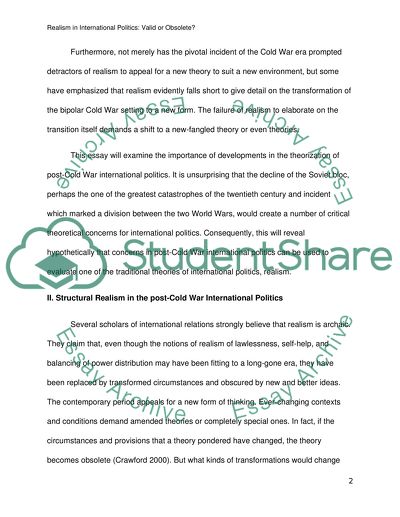Cite this document
(“International Politics Essay Example | Topics and Well Written Essays - 2500 words”, n.d.)
International Politics Essay Example | Topics and Well Written Essays - 2500 words. Retrieved from https://studentshare.org/miscellaneous/1553430-international-politics
International Politics Essay Example | Topics and Well Written Essays - 2500 words. Retrieved from https://studentshare.org/miscellaneous/1553430-international-politics
(International Politics Essay Example | Topics and Well Written Essays - 2500 Words)
International Politics Essay Example | Topics and Well Written Essays - 2500 Words. https://studentshare.org/miscellaneous/1553430-international-politics.
International Politics Essay Example | Topics and Well Written Essays - 2500 Words. https://studentshare.org/miscellaneous/1553430-international-politics.
“International Politics Essay Example | Topics and Well Written Essays - 2500 Words”, n.d. https://studentshare.org/miscellaneous/1553430-international-politics.


